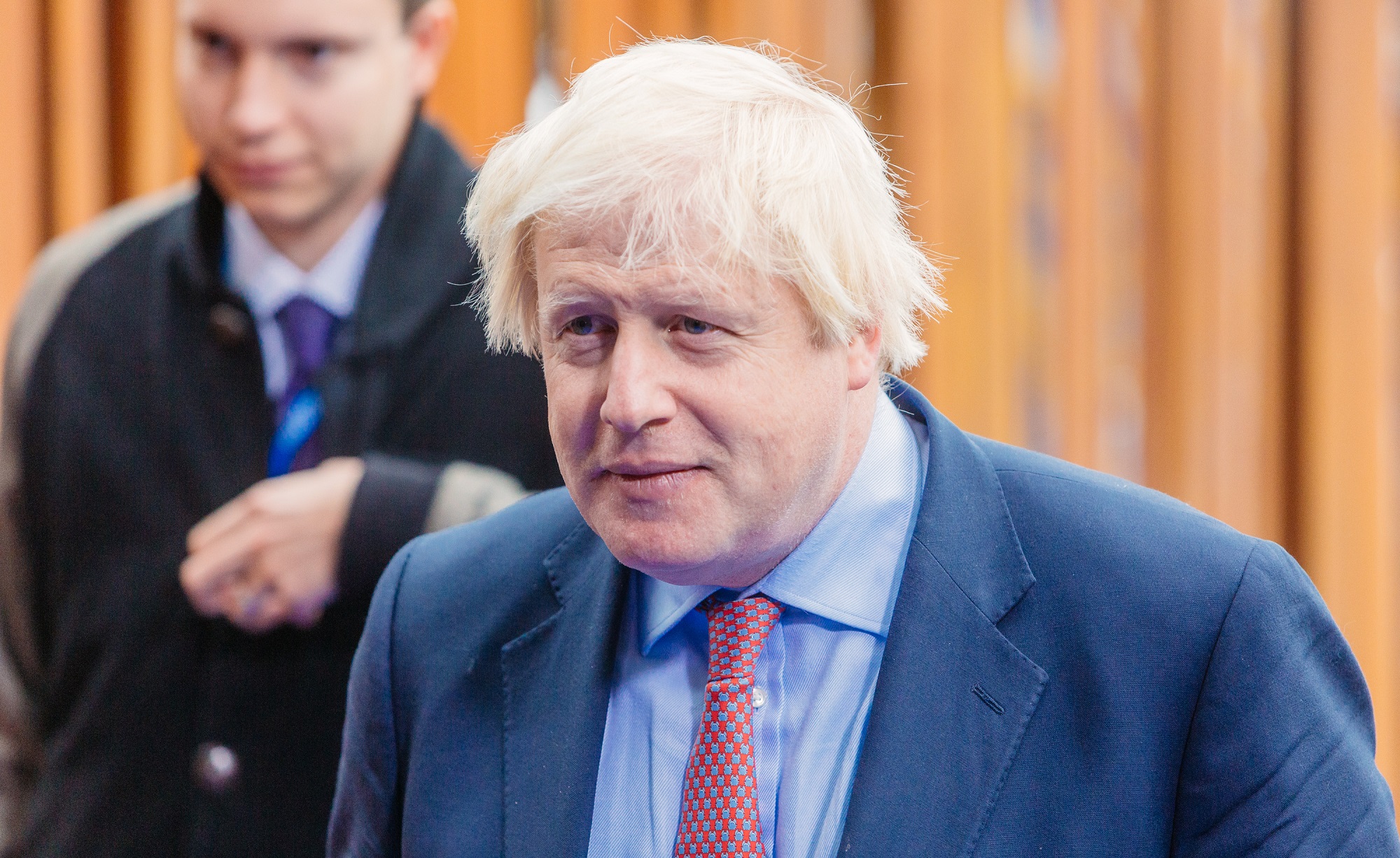Boris Johnson: What you need to know about the LGBT rights record of Britain’s new PM
The former Foreign Secretary and Mayor of London has beaten Jeremy Hunt to be elected leader of the Conservative Party.
By Will Stroude

Well, it’s official: In (wierdly) one of the most predictable results of a vote in years, Boris Johnson has won the Conservative Party leadership election and – like it or loathe it – will be heading into 10 Downing Street as Britain’s new prime minister on Wednesday (24 July).
But what does Johnson’s premiership mean for LGBTQ people? The short answer: It’s complicated.
While generally voting in favour of LGBTQ right legislation during his time in the Commons and being a relatively early champion of marriage equality in the Conservative Party, there are more than a few blemishes on Johnson’s record, not to mention a sometimes slippery-seeming attitude towards equality.
Here’s a brief overview of the former Foreign Secretary and Mayor of London’s stance on LGBTQ issues…

While working as a journalist in the 1990s (as assistant editor of The Telegraph and later as editor of The Spectator) Johnson made a series of very public homophobic remarks, comparing marriage equality to bestiality and referring to gay men as “tank-topped bumboys”.
In his 2001 book ‘Friends, Voters, Countrymen’, he wrote: “If gay marriage was OK – and I was uncertain on the issue – then I saw no reason in principle why a union should not be consecrated between three men, as well as two men, or indeed three men and a dog.”
He also branded plans by the then-Labour government to overturn Section 28 – the legislation introduced by Margaret Thatcher banning the ‘promotion’ of homosexuality in local authority-run schools – as “appalling”.
It was also during this time that he described black people as “picaninnies” with “watermelon smiles”.
Following his election as a MP in 2001 the picture changed however: Johnson was one of just a handful of Conservative MPs who voted in favour of repealing Section 28 in 2003, and quickly garnered a reputation for being on the socially liberal wing of the party.

He also voted in favour of civil partnerships in 2004 – though he was absent for votes on same-sex adoption of transgender recognition around the same period.
Following his election as Mayor of London in 2008, Johnson attended the Pride in London parade each year until 2010, but missed it for the next five consecutive years and was widely criticised for s perceived lack of support for one of the capital’s biggest public events.
However, in 2010 Johnson publicly expressed support for marriage equality, making him one of the most high-profile Conservative politicans to so so at the time.
While he was not an MP when marriage equality passed in parliament and so could not vote on the legislation, he did back the Out4Marriage campaign in the lead-up to the vote.

Johnson’s two-year stint as Foreign Secretary between 2016 and 2018 saw him lift as ban on UK embassies flying the rainbow flag during Pride events in 2016.
But the incoming prime minister was slammed by LGBTQ activists last year for failing to intervene during world’s first ever repeal of marriage equality legislation in the British Overseas Territory of Bermuda.
When it comes to current and emerging issues facing the LGBTQ community, from the availability of PrEP and sexual health funsing to updates to the Gender Recognition Act, it remains to see where Mr Johnson stands – but Number 10’s new occupant did come down on the side of teachers when asked about LGBTQ-inclusive education and protests during a recent Conservative Party Leadership election hustings in Birmingham.
“People should be allowed to choose who they love,” Mr Johnson said when asked about ongoing protests against LGBTQ-inclusive education.

“I was one of three rebel politicians fighting for equal marriages and I have always believed that we should be in favour of inclusion.
“Schools should be asked to reflect the world as it is and, to be reasonable, that’s the way things are now.
“I don’t approve of children being taken out of school.”
How deep will Boris Johnson’s commitment to LGBTQ equality prove once he’s in Number 10? Only time will tell…
